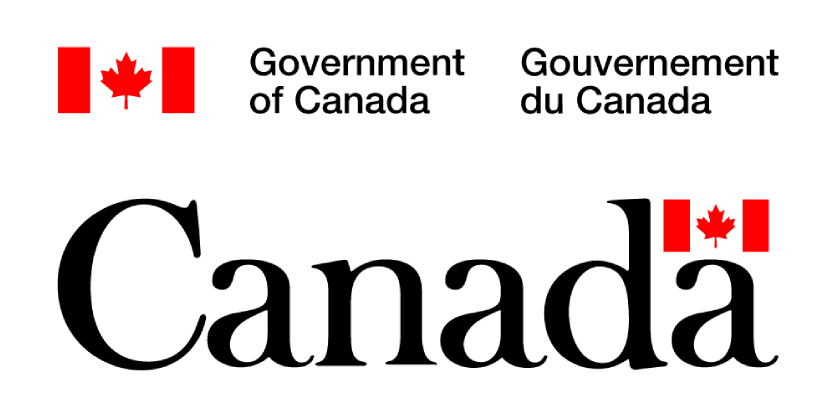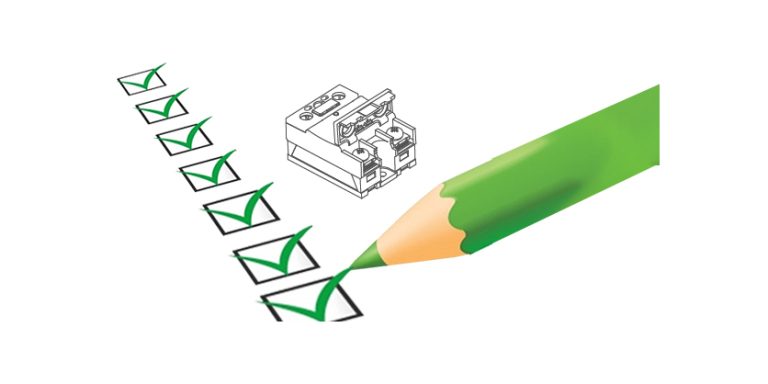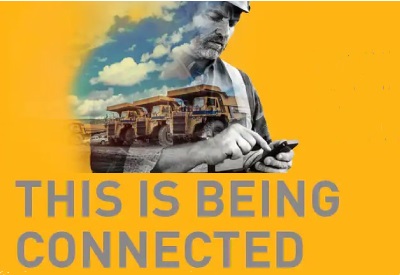Government of Canada Launches the First Clean Economy Investment Tax Credits
July 31, 2024

As countries around the world race to seize the economic opportunities associated with a net-zero future, the Government of Canada is taking bold action to ensure Canadian workers and industry succeed. The Clean Economy Investment Tax Credits (ITCs), representing $93 billion in federal incentives by 2034–35, will play an essential role in attracting investment, supporting Canadian innovation, creating jobs and driving Canada’s economy toward net zero by 2050.
On June 21, the Honourable Jonathan Wilkinson, Minister of Energy and Natural Resources, and the Honourable Marie-Claude Bibeau, Minister of National Revenue, announced the passing into law of the first four Clean Economy Investment Tax Credits: the Clean Technology ITC, the Carbon Capture, Utilization and Storage (CCUS) ITC, the Clean Technology Manufacturing ITC, and the Clean Hydrogen ITC.
With the Royal Assent of Bill C-59, the Fall Economic Statement Implementation Act, 2023, eligible businesses can now apply for and claim the Clean Technology and CCUS ITCs. The Clean Technology ITC and CCUS ITC are anticipated to provide eligible companies approximately $11.4 billion in support through 2027–28.
With the Royal Assent of Bill C-69, the Budget Implementation Act, 2024, No. 1, eligible businesses should be able to apply for tax credits this fall for clean technology manufacturing and clean hydrogen projects. Further information on applying for the Clean Technology Manufacturing ITC and Clean Hydrogen ITC will be provided in the coming months.
The Clean Technology ITC will provide support to qualifying taxpayers who are investing capital in specified clean technologies in Canada. The Canada Revenue Agency (CRA) is responsible for administering the Clean Technology ITC, including assessing claims and issuing payments, while Natural Resources Canada (NRCan) is responsible for providing guidance on what qualifies as a clean technology property. Examples of eligible clean technologies include clean electricity generation equipment such as wind turbines and solar panels, stationary electrical energy storage, low-carbon heating systems such as ground and air source heat pumps, and non-road zero-emission vehicles.
The CCUS ITC, administered jointly by NRCan and the CRA, will provide support to taxable Canadian corporations that incur eligible expenditures for qualified CCUS projects. The CCUS ITC is available to a broad range of CCUS applications and projects across different industrial sectors. For detailed information, including eligible projects and equipment, NRCan’s technical guide for the CCUS ITC, how to submit a CCUS project plan to NRCan, and how to claim the ITCs with the CRA, is now available on the Clean Economy Investment Tax Credits webpages.
The Clean Technology Manufacturing ITC will provide support to Canadian companies that are manufacturing or processing clean technologies and their precursors, providing support for 30 percent of the cost of investments in new machinery and equipment used to manufacture or process key clean technologies, and extract, process, or recycle key critical minerals.
The Clean Hydrogen ITC will provide a 15 to 40 percent refundable tax credit for investments in projects that produce hydrogen, with the projects that produce the cleanest hydrogen receiving the highest levels of support. Equipment needed to convert hydrogen into ammonia, in order to transport hydrogen, may also be eligible.
NRCan and the CRA have worked closely to develop a seamless service experience for businesses seeking to claim these Clean Economy ITCs, centralized on the Clean Economy Investment Tax Credits webpages. As more information becomes available from NRCan and/or CRA, including about the Clean Technology Manufacturing ITC and Clean Hydrogen ITC, this webpage will be updated. The federal government is following through on its commitment to deliver on the ITCs, which are already spurring investments and helping Canadian businesses compete and succeed while reducing emissions and will bring forward the full suite of ITCs to Canadians in the near term.
Quotes
“Clean technology innovation and projects will be a key driver of how we decarbonize, create jobs and bring investment to Canada as we build a prosperous net-zero economy in 2050. Canada’s Investment Tax Credits will reduce emissions and create hundreds of sustainable jobs for Canadians, exemplifying how climate action and economic growth go hand in hand. We are bringing benefits for Canadians today and into the future, and ensuring Canada is a global economic leader of the future.”
The Honourable Jonathan Wilkinson
Minister of Energy and Natural Resources
“Our government is committed to empowering Canadian businesses to excel as global leaders in the pivotal industries that will grow our clean economy. Providing business tax incentives that contribute to Canada’s economic well-being is at the core of the Canada Revenue Agency’s mandate. We will continue to champion Canada’s clean economy, and the visionary businesses investing in it, through our ongoing engagement with industries, stakeholders and the tax professional community.”
The Honourable Marie-Claude Bibeau
Minister of National Revenue
Quick Facts
- As referenced in Budget 2024, the federal government is delivering, on a priority basis, a suite of major economic investment tax credits, representing $93 billion in incentives by 2034–35, to create jobs and keep Canada on track to reduce pollution and reach net zero by 2050.
- Clean Economy Investment Tax Credits include:o Carbon Capture, Utilization and Storage investment tax credit;o Clean Technology investment tax credit;o Clean Technology Manufacturing investment tax credit;o Clean Hydrogen investment tax credit; o Clean Electricity investment tax credit; and o Electric Vehicle Supply Chain investment tax credit.
- The Clean Technology ITC and CCUS ITC are now available for qualifying businesses, with more info to come on the Clean Technology Manufacturing ITC and Clean Hydrogen ITC. To learn more, including how to claim them, visit Clean Economy Investment Tax Credits.
- The CRA has established a team that will focus exclusively on assessing and reviewing the Clean Economy Investment Tax Credit claims and has set up a dedicated telephone line for questions related to the Clean Economy investment tax credits.
- NRCan will conduct a detailed evaluation of CCUS project plan submissions in order to verify qualifying CCUS properties. NRCan will then provide a project evaluation to the taxpayer that will support CCUS ITC claims filed with CRA.
- Recipients of the CCUS ITC that have or that expect to incur eligible expenditures of $250 million or more will be required to produce a construction and completion knowledge-sharing report and annual operations knowledge-sharing reports. These reports will be made publicly available to Canadians.
- Taxpayers may request a technical opinion from NRCan as to whether equipment in a planned or completed project meets the engineering and scientific requirements of Clean Technology property. This is a voluntarily step and any technical opinion issued by NRCan to the taxpayer is not binding on the CRA in determining eligibility and entitlements to the Clean Technology ITC, under section 127.45 of the Income Tax Act.
- The full value of the federal ITCs is only accessible to those that meet certain labour requirements, including paying workers prevailing wages and creating apprenticeship opportunities. As such, the ITCs are helping to spur the creation of good-paying, sustainable jobs across regions and sectors.
Related Story
Government of Canada’s New Canada Green Buildings Strategy: A Plan to Help Canadians Save Money on Their Energy Bills
On July 16, the Honourable Jonathan Wilkinson, Minister of Energy and Natural Resources, released Canada’s first Green Buildings Strategy — a strategy focused on saving Canadians money on their energy bills, creating good jobs, seizing the economic opportunities enabled by the low-carbon economy, all while reducing harmful greenhouse gas (GHG) emissions.



